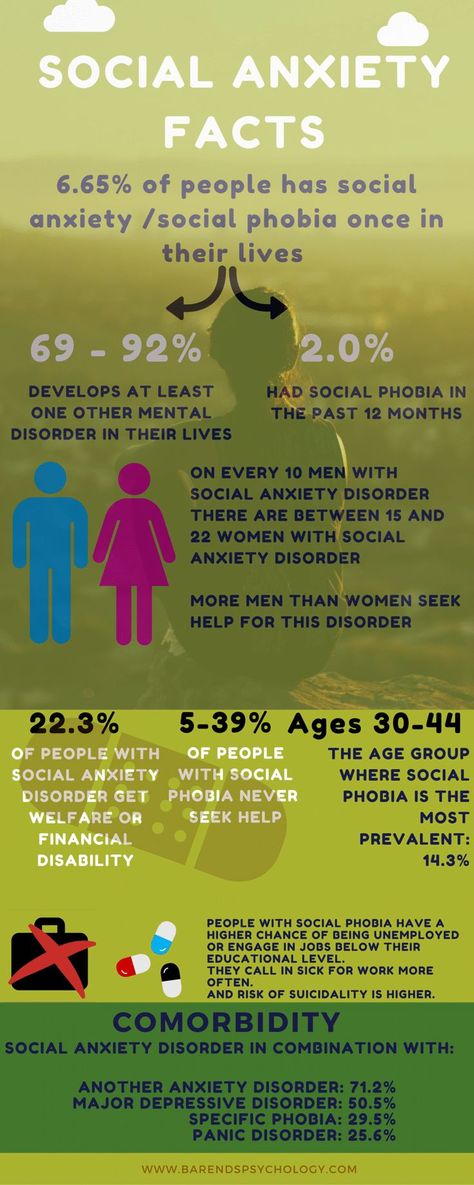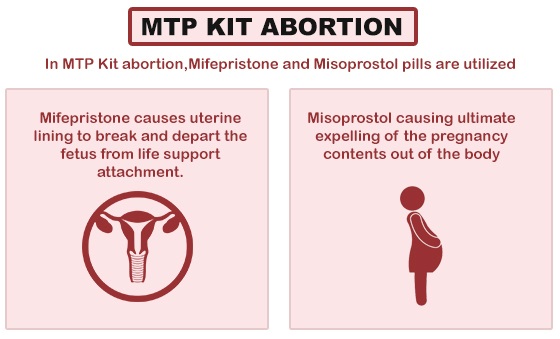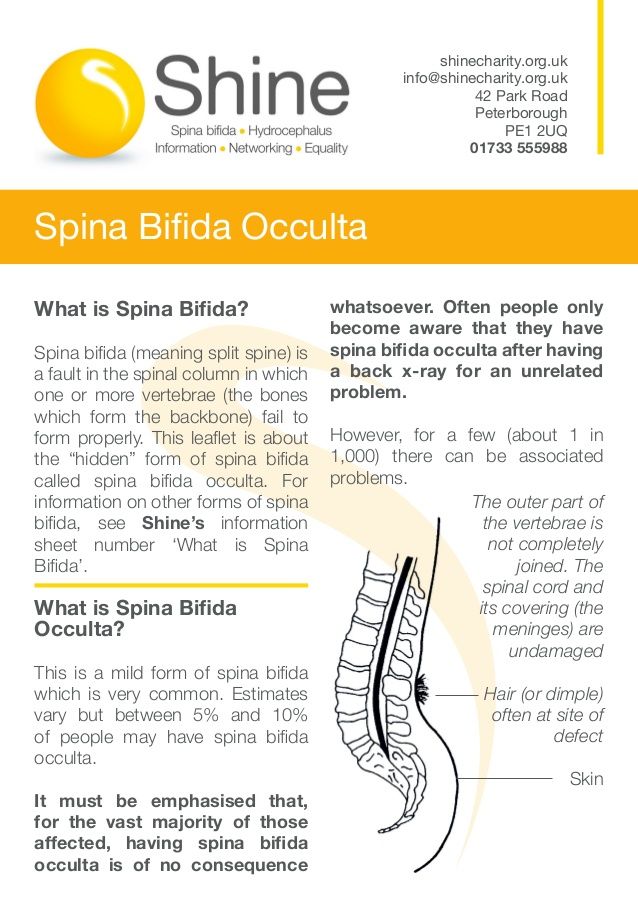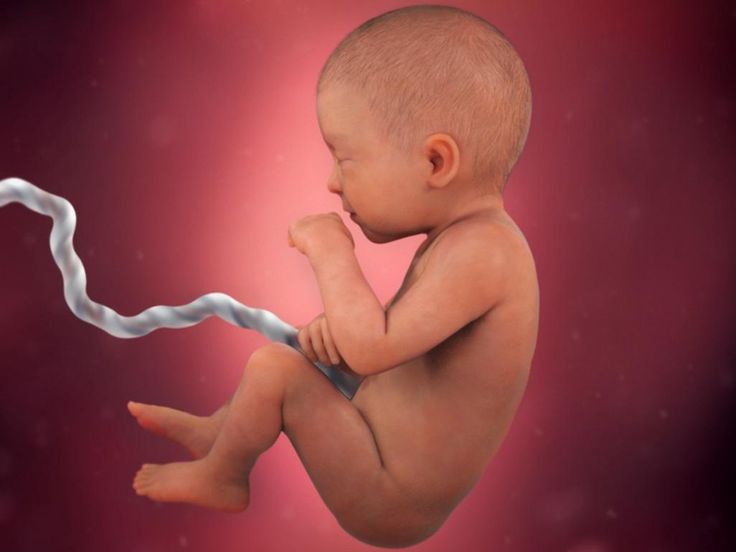How to help a child with germ phobia
How to Help Kids Who are Afraid of Germs
Under: Child Anxiety, Parenting, Ask the Child Therapist, OCD/By: Natasha Daniels
There is an enemy lurking behind every doorknob, every toilet seat, every handshake and kiss. There is a deathly illness behind every shared sip and every shared bite. When kids are afraid of germs they live their lives like this. They live in terror that their next touch, taste or wipe will be their last. Germophobia can paralyze children and rob them of a carefree childhood.
Germophobia can be a debilitating fear. So, debilitating that some kids can’t function without avoiding or washing throughout their day.
So how are you supposed to help your child who is afraid of germs?
[Scroll down to the bottom of the page to watch my Kids Youtube video on this topic]
Bubble him up in a contamination-free zone? Bathe him in antibacterial soap each night? Carry enough wet wipes to supply a small army?
No.
The more you clean, wash and wipe down the worse the problem will get.
Unfortunately, when kids are afraid of germs you are on an endless loop of avoid, wash and repeat. The only way to stop the cycle of Germophobia is to get off.
So how are you supposed to do this when your child will scream bloody murder?
Teach Them About Anxiety or OCD
The first step in beating your enemy is understanding your enemy. All too often we skip the educational component of anxiety or OCD. Kids need to understand why they feel like they are going to die if a germ touches them. They need to fully understand why they are so deathly afraid of germs, but other people are not.
A great therapist can help you teach your child. You can also watch my Kids Youtube video that explains anxiety or explains OCD to them in plain English.
Also, teach yourself so you can teach your child. My online classes How to Teach Kids to Crush Anxiety and How to Parent Kids with OCD offer a treasure trove of information.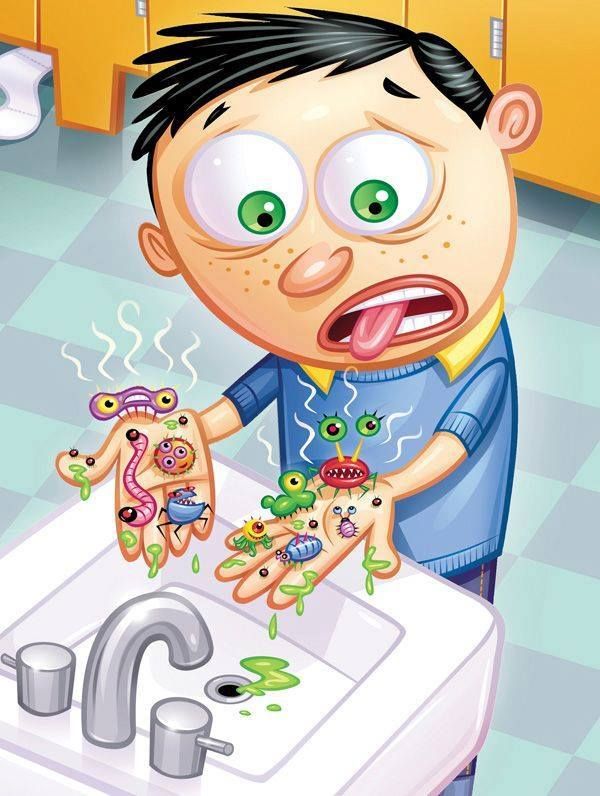
It can help for kids to realize two things. #1 germs aren’t all bad and #2 you can never avoid all germs.
Germs aren’t all bad…
I talk to kids about their immune system using the analogy that they have “fighters” inside of them. These Ninja fighters help fight off germs. They need exercise, they need practice.
Everyday we come into contact with germs all over the place. These germs teach our fighters how to beat those particular germs. When our fighters get some practice, they get stronger and smarter.
When we don’t allow our fighters to practice, they don’t know how to fight germs as well. They fall asleep on the job. So, allowing a few germs to naturally be introduced to our fighters isn’t such a bad thing.
Germs are everywhere…
Anxiety and OCD like us to believe that we have some semblance of control. We don’t. Germs are everywhere. They are on objects. They are in the air. They are unavoidable.
They are in the air. They are unavoidable.
Our kids believe that they have the ability to avoid germs. Although it may seem counterintuitive, it is helpful to tell a kid who is afraid of germs that germs are everywhere. They cannot be avoided – and if they think they can, they are believing anxiety or OCD’s lies.
Model Not Being Afraid of Germs
If you are pouring half a bottle of antibacterial soap on your hands a million times a day you aren’t helping. You can’t tell your kid to not be afraid of germs as you are literally bathing in antibacterial soap.
Model healthy, appropriate behavior for your child.
When kids are afraid of germs I tell parents to dial back the talk of germs in general. You don’t need to remind a kid to not touch something or to wash their hands when that is their anxiety theme already.
Sometimes making a list of when it is appropriate to wash hands can help.
I usually tell kids with an acute fear of germs they can wash their hands after only these three things:
1.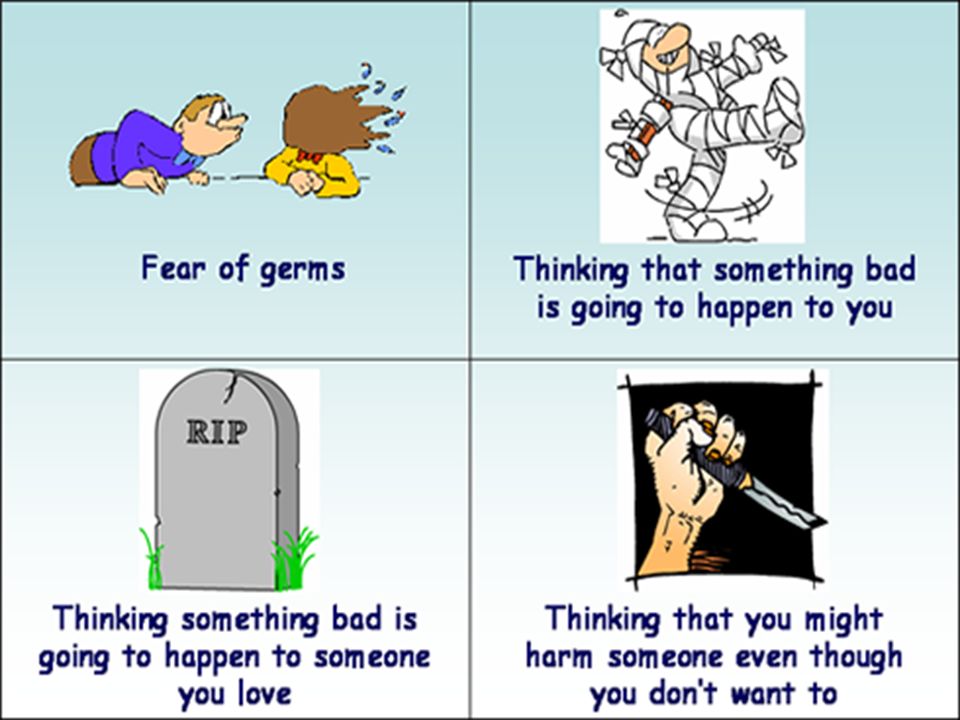 After going to the bathroom
After going to the bathroom
2. Before eating
3. When there is literally something on their hands (dirt, food, sticky material)
Anxiety and OCD can give kids a skewed perspective on reality, so these concrete rules can help.
Set Up Exposure Challenges to Conquer Germophobia
Hopefully your child is seeing a therapist who specializes in anxiety or OCD. If so, they might already be having you do exposure challenges.
ERP (Exposure Response Prevention) is the only evidenced-based therapy approach for OCD and is highly effective in both anxiety and OCD issues.
You want to learn all you can about ERP and how to do it with your child. You can learn more here.
Let Me Help
Lastly, you want to empower your child to work on their own issues. After all this is their journey, not yours. If your child doesn’t want to work on their fear of germs, you won’t have much luck making progress.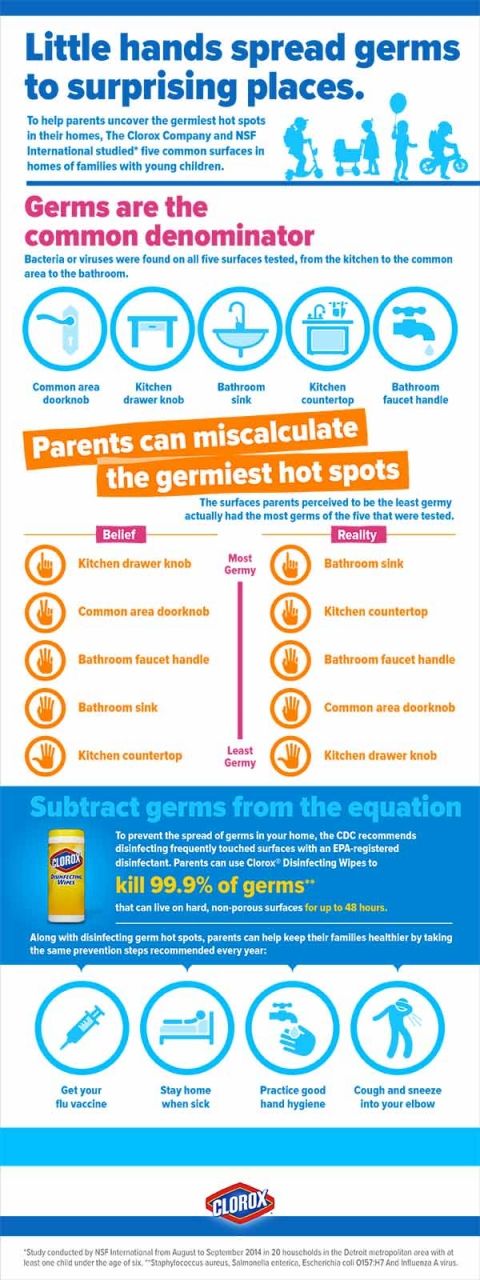
I made a Kids Youtube video to talk to kids directly about their fear of germs. You can watch it below:
Do you know someone who is raising a child who is afraid of germs? Send them this article and video!
Signs and Symptoms of Germaphobia in Children — Child Counseling in Davidson
After months of hearing about the dangers of catching COVID-19 and the need to sanitize everything, who among us hasn’t become a little germaphobic? Being extra wary of germs during a pandemic is a normal and healthy response. For children, however, fears about germs, catching illnesses, and needing things to stay clean might stick around long after our country reopens. Fear of germs is really common among kids with anxiety and OCD, and I suspect we’ll be seeing more kids than ever experiencing it after the pandemic. In this post, I’ll be sharing how to tell when your child’s fear of germs has become overwhelming, and how to spot common signs and symptoms of germaphobia in kids.
For children, however, fears about germs, catching illnesses, and needing things to stay clean might stick around long after our country reopens. Fear of germs is really common among kids with anxiety and OCD, and I suspect we’ll be seeing more kids than ever experiencing it after the pandemic. In this post, I’ll be sharing how to tell when your child’s fear of germs has become overwhelming, and how to spot common signs and symptoms of germaphobia in kids.
What’s Germaphobia, Exactly?
Simply put, germaphobia is a fear of germs: viruses, bacteria, parasites, you name it. An extreme fear of any of the creepy-crawlies that can make people sick is considered germaphobia. Although most people worry about spreading germs and catching diseases (especially right now), kids with germaphobia have fears that go above and beyond what is considered typical for most people.
Like other types of phobias, germaphobia is a response that is out of proportion to the actual threat. Even though germs can be dangerous, the lengths that germaphobic kids go to avoid contamination are extreme. In severe cases, the cleaning, avoiding, and rituals of germaphobia can start to feel like they’re taking over a child’s life.
In severe cases, the cleaning, avoiding, and rituals of germaphobia can start to feel like they’re taking over a child’s life.
As an example, a child with a healthy concern about germs might be diligent about washing their hands whenever they come in from outside, after they go to the bathroom, and before they eat. A child suffering from germaphobia may feel compelled to wash their hands constantly throughout the day, possibly to the point that their skin becomes chapped and dry. Most people might avoid eating meat at a restaurant that looks undercooked, but germaphobic kids might refuse to eat in restaurants at all, because they can’t control how the food is prepared.
What Makes An Intense Fear of Germs More Likely?
Phobias are more common among people who already have an anxiety disorder. Kids who are already prone to anxiety may be more likely to develop germaphobia symptoms than those who are not. In particular, many people with germaphobia are diagnosed with obsessive compulsive disorder, a form of anxiety that makes people feel like they have to perform certain actions over and over again to reduce anxiety or keep something bad from happening.
Obsessive worries about getting sick, throwing up, and contamination from germs are extremely common among kids and adults with OCD. Oftentimes, people with these types of obsessive worries feel compelled to wash their hands excessively, avoid places or objects they fear have been contaminated, or to overly clean their homes or belongings, sometimes in a ritualized way. Because these symptoms are so common in people with OCD, some experts believe that people who are truly phobic about germs can be diagnosed with OCD, as well.
Common Symptoms of Germaphobia In Children
If you recognize your child’s behavior in one or more of the bullets below, it could mean that your child’s worries about germs and illness have gotten bigger than they need to be, and could be interfering with everyday life. Of course, mental health problems like germaphobia can’t be diagnosed over the internet, so you’ll need to follow up with your pediatrician or a children’s therapist. Here are some of the most common symptoms of germaphobia in children:
Repeated, uncontrollable worries about getting sick or being exposed to germs
Intense fear or terror about contamination
Physical symptoms of anxiety, such as rapid heartbeat, stomach upset, and sweating when confronted with something that triggers the fear of germs
Excessive cleaning or hand washing, that sometimes develops into a ritual that must be done the same way each time
Avoiding people, places, or things that are “contaminated” with germs
Signs Your Child Has Germaphobia
Anxiety symptoms can be hard to spot: they’re felt very intensely by the child who’s experiencing them, but may not always be visible to parents or other people.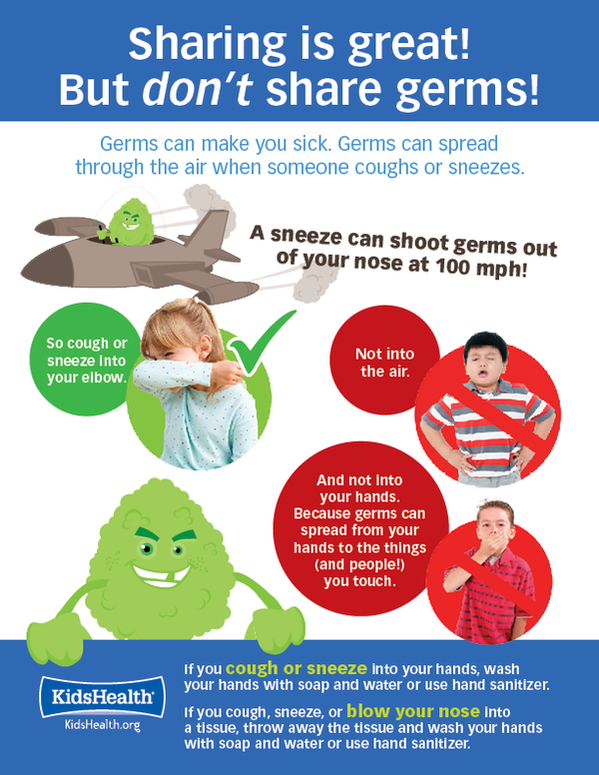 Signs, on the other hand, are behaviors that are more apparent to outside observers. If you notice any of these possible signs of germaphobia in your child, it could indicate they are struggling with invisible fears about germs or disease:
Signs, on the other hand, are behaviors that are more apparent to outside observers. If you notice any of these possible signs of germaphobia in your child, it could indicate they are struggling with invisible fears about germs or disease:
Avoiding places that your child perceives are “germy”, such as grocery stores, shopping malls, public transit, or airports
Refusing to touch things that have been touched by other people, or requiring that things be cleaned or covered in plastic before touching
Tantrums, crying, screaming, or clinging to a parent when in a public place that might contain germs
Repeatedly asking for reassurance about not having germs or not getting sick
Frequent handwashing, showering, or cleaning that seems to be more frequent than needed, especially if the cleaning has to be done in the same way each time
Your child’s cleaning, avoiding, or worries are exaggerated and getting in the way of daily life
Cognitive Behavioral Therapy for Kids With Fears of Germs
Germaphobia can quickly become overwhelming, both for kids and families. Fortunately, therapy can help kids to feel more in control of their worries and develop a healthier level of concern about hygiene and germs. Cognitive behavioral therapy, a specialized form of therapy that helps kids to change unhelpful thoughts and behaviors, is often recommended for children with germaphobia or OCD.
Fortunately, therapy can help kids to feel more in control of their worries and develop a healthier level of concern about hygiene and germs. Cognitive behavioral therapy, a specialized form of therapy that helps kids to change unhelpful thoughts and behaviors, is often recommended for children with germaphobia or OCD.
Kids who participate in cognitive behavioral therapy learn to become more aware of when their worries are unrealistic, learn relaxation skills, and gradually face their fears of germs and contamination so that they can get back to their normal lifestyles. Because CBT is based on learning skills, it is a great fit for both in-person and online therapy.
If you’re located in New York or North Carolina and interested in counseling, I may be ale to help! I work with kids and tweens at my child therapy office in Davidson, North Carolina, as well as online in New York and Florida. You can send me an email to learn more. Not ready for therapy, but looking for more general help with worries? My online self-help course helps kids learn coping skills to manage anxiety at home.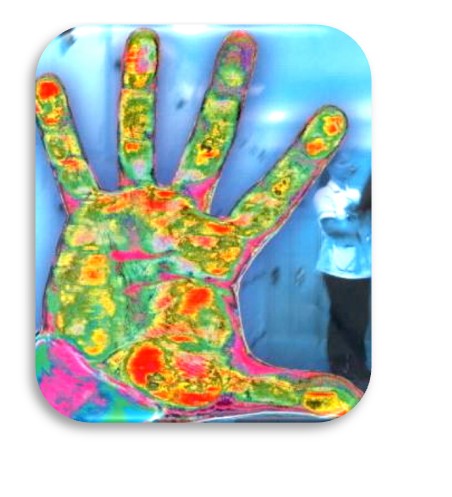
Vladimir Mayakovsky: 5 facts from the life of the poet of the revolution | Question-Answer
Olga Zvonova
Estimated reading time: 6 minutes
35427
Category: People
1. Mayakovsky suffered from bacteriophobia since childhood and could not stand pins and hairpins. This is due to the fact that Mayakovsky's father died of blood poisoning, having pricked himself on a needle while sewing papers. “Father died. He pricked his finger (stapled papers). Blood poisoning. Since then, I can't stand pins. Well-being is over. After the funeral of my father - we have 3 rubles. Instinctively, feverishly, we sold out tables and chairs. Moved to Moscow. What for? I didn't even have friends." (Autobiography "I myself", 1928).
Poet, playwright, futurist Vladimir Vladimirovich Mayakovsky (1893-1930). Photo: www.russianlook.com
Photo: www.russianlook.com
2. The most controversial and fatal figure in the poet's life is his muse and his "curse" Lilya Brik . She was married when she met a well-known poet by that time. Five years after meeting the Brik spouses, Mayakovsky settled with them - he experienced an inexplicable attraction to Lily, and she treated him ambiguously: “What's the difference between Volodya and a cab driver? One controls the horse, the other controls the rhyme.
Despite his relationship with Lilya, Mayakovsky repeatedly started affairs on the side. His last girlfriend was the actress of the Moscow Art Academic Theater Veronika Polonskaya , but he did not dedicate farewell lines to her.
He bequeathed all his poems to the Brik family. After his death, Lilya tried to ensure that the poet's name was not forgotten, and she herself wore Mayakovsky's gold ring with the engraving "L.Yu.B." until her death. - Lilya Yurievna Brik.
Lilya Yuryevna Brik (nee Lilya Urievna Kagan; 1891-1978) - Russian writer, beloved woman of Vladimir Mayakovsky. Photo: www.russianlook.com
Except for your love,
me
no sun,
and I don't know where you are and with whom.
If I had tormented the poet like that,
he
I would trade my beloved for money and fame,
and me
not a single happy ringing,
except for the ringing of your favorite name.
(“Lilichka!”, 1916)
3. Mayakovsky spent 11 months in solitary confinement No. 103 in Butyrskaya prison. He got there on suspicion of complicity in the escape of female political convicts from the Novinsky Women's Prison in Moscow. He was released for lack of evidence.
4. Mayakovsky took part in the anti-religious campaign initiated by the All-Russian Central Executive Committee at 1928-1929 years. He even became a member of the Union of Militant Atheists, promoting atheism.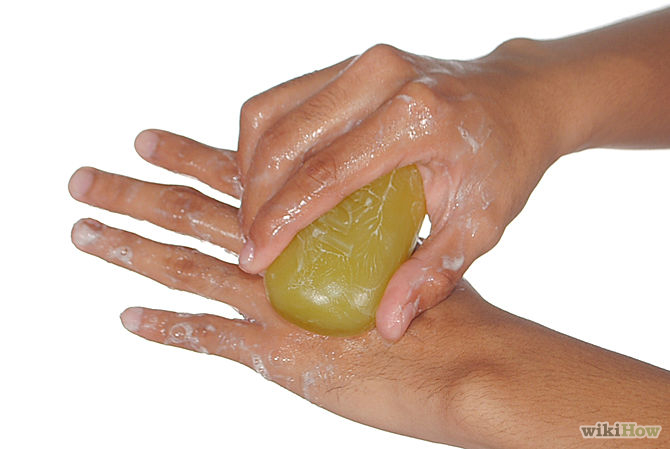 The following lines belong to him:
The following lines belong to him:
At the cunning god
loopholes -
a lot of.
cheeky
and straight
babbles from the temple.
(“We must fight”, 1929)
5. Elena Vladimirovna Mayakovskaya (or Patricia Thompson ) is the only daughter of Mayakovsky, who was born from the poet's connection with the Russian emigrant Elizaveta Siebert . Now Mayakovsky's daughter lives and works in the United States.
See also:
Genius is not without flaw. Yesenin drank, Bulgakov injected, and Mayakovsky loved >>
Tolstoy and Mayakovsky: what is famous for the “old man Bolkonsky’s house” >>
Vladimir Mayakovsky: The United States took the right to call itself America by force and dollars >>
Vladimir Mayakovsky
Next article
You may also be interested in
- Who is Jack Black?
- How to watch Star Wars? (part 2)
- 5 iconic films about the Great Patriotic War
- How to watch Star Wars? (part 1)
- What do you remember about American actress Carrie Fisher?
Media news2
Bacteriophobia: panic fear does not allow you to leave the house
Illustrative photo.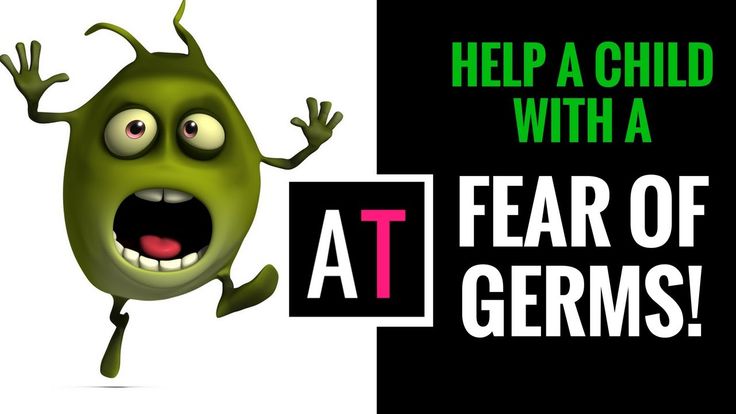
CC0 Creative Commons
“When I go to the store, I am haunted by the obsessive thought that I need to change rubber gloves when I put a new product in the basket,” says a woman who is terrified of an infection and restrains herself only thanks to iron self-discipline. The spreading coronavirus puts people who previously suffered from bacteriophobia in a particularly difficult position, but can also cause mental difficulties for those who still feel healthy.
Vesta Reest
Many people know the TV detective Andrian Monki, who suffers from a painful bacteriophobia. Touching someone else's hand or some surface, each time he resorts to a damp cloth to immediately clean his hands. In fact, here in Estonia, next to us, there are quite a few "monks" who suffer quietly, gritting their teeth. The editors asked one of these people how he copes with his affairs during the infectiously dangerous coronavirus time, writes Pealinn.
Saale (38) changes rubber gloves at least three or four times a day, so she always has a good supply of them in a sterile plastic bag in her bag. “At times it becomes almost unbearable. For example, when I go to the store, I have an obsession that every time I put a new item in the basket, I need to change my rubber gloves, says Saale. - Rigid self-discipline allows me to overcome myself so much that I don’t change them every time. Luckily, there is now e-commerce and I order takeout. The courier delivers it to the door, I receive it with gloves, douse the plastic bag with a disinfectant, then change the gloves and unpack.”
“At times it becomes almost unbearable. For example, when I go to the store, I have an obsession that every time I put a new item in the basket, I need to change my rubber gloves, says Saale. - Rigid self-discipline allows me to overcome myself so much that I don’t change them every time. Luckily, there is now e-commerce and I order takeout. The courier delivers it to the door, I receive it with gloves, douse the plastic bag with a disinfectant, then change the gloves and unpack.”
Saale disinfects all food packaging before distributing it to the cupboards, and also changes gloves several times in the process. On her face she wears several masks at once.
Traveling like torture
When Saale herself or one of her family members needs to go somewhere, all things that are taken with them are packed in double sterilized plastic bags. “My own bag is kept in order until the end of the trip, but the bags of my children and husband are already turned inside out on the second day. I have already come to terms with it,” says Saale. “The most important thing, however, is that the hands are clean, and they should touch anything as little as possible, especially “doubtful” surfaces.”
I have already come to terms with it,” says Saale. “The most important thing, however, is that the hands are clean, and they should touch anything as little as possible, especially “doubtful” surfaces.”
Saale notes that her constant instructions finally reached the children, and if they want to touch something, they first look at their mother, is it possible. But this is how they behave in front of her eyes, and she strongly doubts what they do when Saale does not see them.
Her children are still of kindergarten age, the kindergarten teacher is aware of the Saale phobia. “Although it’s not easy for me to talk about it, it feels like you’re stripping naked in front of a stranger,” the woman recalls a conversation that took place with educators. Saale says that one of the worst options lurking in her head is that because of all this, the attitude towards children will change, because their mother has gone crazy.
Children suffer
Saale has been confronting his phobias one on one almost all his adult life: “Even as a child, I had a dislike for some things, I didn’t want to take them into my hands.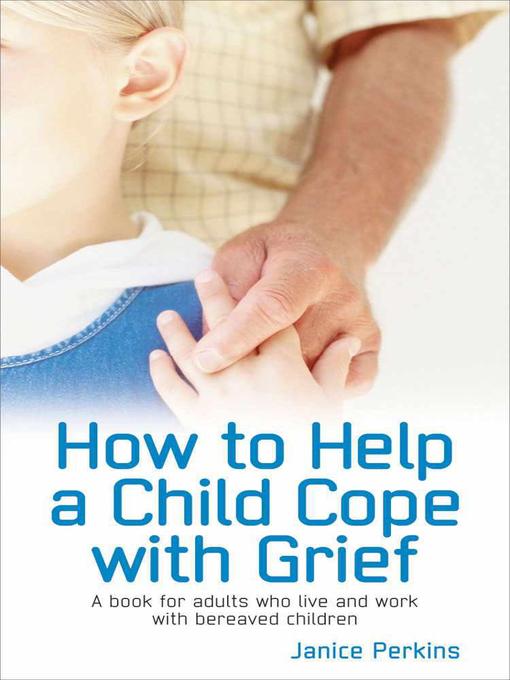 ”
”
The further, the more Saale became afraid of bacilli. Especially it developed after the children were born. “It seemed to me that it was necessary to protect them everywhere and from everything, including from infection. But in order to protect them, I had to protect myself first. And then, excessive care and protection, orders and prohibitions can have a bad effect on the child's psyche.
The woman taught herself to wash her hands incessantly. When the skin on her hands became dry and brittle from constant lathering, she made a huge supply of wet antibacterial wipes that could be used at any time. A few years ago, Saale's fear of bacilli reached such proportions that she refused to leave the house without gloves, even in summer. At first, she wore thin cotton gloves, over which, in turn, she pulled on rubber ones. “I did this primarily because when I touch a surface with a glove, the glove comes into contact with the infection, and after that, all my things that I touch with the glove suffer the same fate,” explains Saale.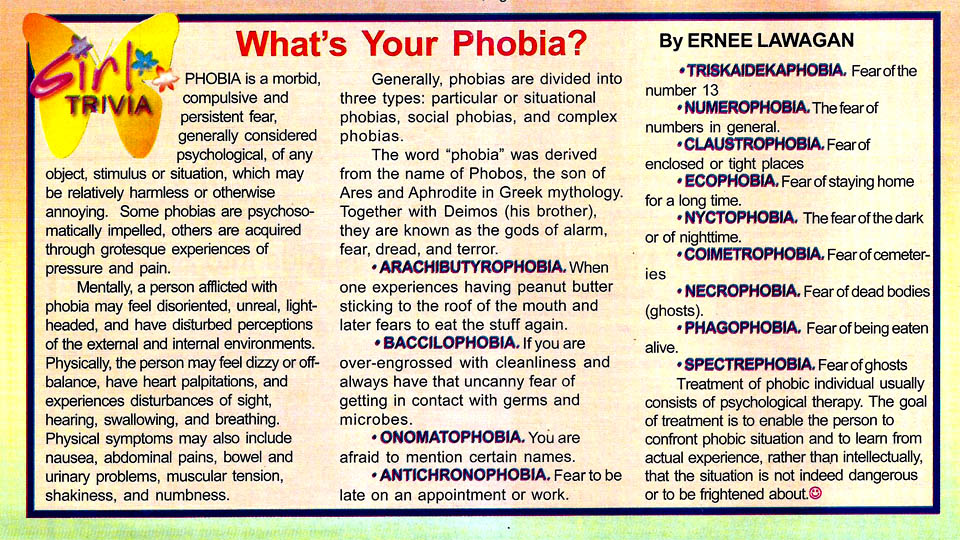
Psychiatrist Juri Ennet believes that people suffering from phobias and some other obsessions, first of all, need help from loved ones: “The main thing is that a person does not suffer from loneliness. We all need to take care of our loved ones. In many cases, the press also becomes the root of evil, from where people draw annoying and disturbing messages that, in people with an already high degree of irritation, can cause an unexpected reaction.
An experienced psychiatrist advises to eat well, play sports and take care of your own lifestyle without going to extremes. He is sure that acquaintances, friends and family members play a very important role - all of them can help to improve the condition of a person with a mental disorder. It is important to notice in time the irritation that people around us may experience. According to the doctor, this irritation can manifest itself in very different ways: those who are immersed in their little world and do not want to communicate with anyone at all, who have other kinds of psychosocial problems. It is best to lend a helping hand to a friend in order to keep him afloat in the fight against the demons that eat him. It often helps if you just talk to a person, pull him out of the shell of loneliness.
It is best to lend a helping hand to a friend in order to keep him afloat in the fight against the demons that eat him. It often helps if you just talk to a person, pull him out of the shell of loneliness.
Sports and movement bring relief
To free herself from her obsessive thoughts, Saale rediscovered sports and outdoor movement. “I have to be “packed” with a high degree of security in order to dare to go out at all, but it’s also impossible to live without going out. You need to go to work and pick up children from kindergarten, - the woman explains. In the mornings, the husband takes the children to the kindergarten. Prior to the outbreak of coronavirus, she traveled by car to her workplace in an office in the center of Tallinn. Even the thought of using public transport terrifies me. But I try to overcome myself and behave like a normal person. There are days when I feel like riding the bus is self-restraint, and if I get over it, I can reward myself with something “sinful. ”
”
Sinful things for her include, for example, not lean creamy ice cream or crispy truffle candy.
To overcome his phobia, Saale has been taking special therapy for five years now. She regularly visits a psychologist, especially when an incident occurs. Saale calls incidents moments when, due to panic fear, she does not dare to go out the door of the house, or, say, she has a feeling that her hands are dirty, and she rubs them until they bleed. “I understand,” she says, “that there is no sense in this, I only spoil my skin, but for me it has become a kind of ritual.”
No events!
Saale says that since she has children, she sometimes has to muster her will to go out of the house and do some everyday things, no matter what. “If I didn’t have children, I wouldn’t leave the house at all for days,” she says. - The spring coronavirus period became a vacation for me - the employer allowed me to work at home, and the children were at home. The husband went to the store and did many other things. I also have difficulty leaving the hearth in normal times, and during a state of emergency, I simply pulled a blanket over my head in the morning and ignored both my husband and children.
I also have difficulty leaving the hearth in normal times, and during a state of emergency, I simply pulled a blanket over my head in the morning and ignored both my husband and children.
Yuri Ennet thinks that the biggest danger lies in the fact that people withdraw into themselves so much that they no longer dare to leave the room. And then someone is needed to help them. And if a person has no relatives, then the situation becomes extremely difficult.
Saale is happy that she has a good, understanding husband who takes care of her and has adapted to her oddities. “In fact, a phobia is a disease, like pneumonia or chickenpox, we don’t blame a person for having, for example, diabetes or high blood pressure. And with those suffering from phobias, one must also take into account that they are often ashamed of their condition, emphasizes Saale. She herself had to come up with more than once why she could not go to a class meeting or other events where people gather. “Although I myself understand that leaving the house and connecting my family with other people could affect me for the better. ”
”
Her parents generally understand their daughter's fears, but it happens that Saale hears conversations: “Well, how can she not leave the house? After all, she is almost 40! According to Saale, nothing depends on age here, especially since her fear of bacilli began to manifest itself in a severe form already at quite an adult age. Saale sees the formula for the future as effective therapy, constant self-improvement and the soothing effect on the nervous system of yoga and gentle music.
Coronavirus caused a wave of tension
The fear of getting sick has become much greater. And to this are added depression and loneliness.
Mental Health Crisis Project Manager Krista Thomson says the spread of the coronavirus is causing worrying annoyance for otherwise healthy people as well: “We have a lot of new clients coming in for consultations. People are afraid of getting sick." Sirli Haavik, host of the Abitaja advisory phone, adds that the negative information space created by the coronavirus is leading to an increase in uncertainty about the future, fear and loneliness. Stress, depression and other mental health problems creep up on a person much more easily: “There is less socialization, more loneliness. Everyday activities - shopping, library, post office - are reduced due to an increase in the risk of getting sick and forcing fears in this area, especially in large cities. And here we want to extend a helping hand in order to mitigate the consequences of the lack of communication, to bring something positive into a person's life through free and pleasant telephone conversations for the listener. Quite recently, we received this kind of feedback: “I sit alone for weeks, and it’s very nice that Tuesday evenings are full: the Abitay volunteer and I talk from an hour to an hour and a half.” We are waiting for everyone who suffers from a lack of communication: contact us! Available at: www.abitaja.ee, available by phone 6500 650.”
Stress, depression and other mental health problems creep up on a person much more easily: “There is less socialization, more loneliness. Everyday activities - shopping, library, post office - are reduced due to an increase in the risk of getting sick and forcing fears in this area, especially in large cities. And here we want to extend a helping hand in order to mitigate the consequences of the lack of communication, to bring something positive into a person's life through free and pleasant telephone conversations for the listener. Quite recently, we received this kind of feedback: “I sit alone for weeks, and it’s very nice that Tuesday evenings are full: the Abitay volunteer and I talk from an hour to an hour and a half.” We are waiting for everyone who suffers from a lack of communication: contact us! Available at: www.abitaja.ee, available by phone 6500 650.”
Where can I get help?
• Tallinn Family Centre. Psychological counseling, internet counselling, family service, support person service, day center.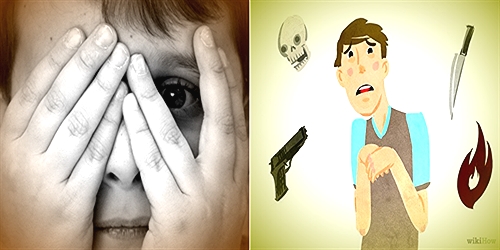 Phone: 655 6088. Monday to Friday from 9 am to 6 pm.
Phone: 655 6088. Monday to Friday from 9 am to 6 pm.
• Tallinn non-profit partnership for psychological crisis assistance Eluliin. Phone: 631 4300, Monday to Friday from 15:00 to 19:00.
• Youth Helpline Phone: 646 6666. From Thursday to Saturday from 19up to 23 hours.
Family doctor: avoiding bacteria will not keep you healthy
Various kinds of bacteria live in the human body and in the soil, which protect us from diseases and allergies. Getting rid of them can make a healthy person sick.
Family doctor Dr. Piret Rospu from the Tabasalu Center for Family Doctors says that in order to have reliable immunity, you need to come into contact with various kinds of microbes on a daily basis. Excessive hygiene can lead to the destruction of these bacteria that protect us. Thirdly, constant contact with detergents and cleaning agents has a bad effect on the respiratory tract and can gradually cause chronic lung diseases. In addition, the doctor emphasizes, the impact of phobic disorders on the child's psyche also comes into play.